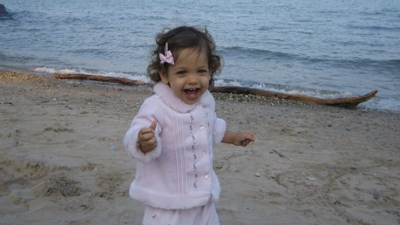 My older daughter Maya was born sensitive, curious, and creative. As Maya grew, I learned that all of her five senses were extra sensitive. For her sounds were louder, smells and tastes more acute, she had a strong draw to everything tactile, and she saw “light shows” that made artificial lighting both intriguing and exhausting. Maya’s overstimulated nervous system made it difficult for her to regulate her emotions, and full out meltdowns were a common occurrence. When Maya was given free time, her curiosity and creativity allowed her to engage herself in a task for hours. At the same time, transitions and rote tasks were incredibly challenging for her because they pulled her away from the mesmerizing present moment.
My older daughter Maya was born sensitive, curious, and creative. As Maya grew, I learned that all of her five senses were extra sensitive. For her sounds were louder, smells and tastes more acute, she had a strong draw to everything tactile, and she saw “light shows” that made artificial lighting both intriguing and exhausting. Maya’s overstimulated nervous system made it difficult for her to regulate her emotions, and full out meltdowns were a common occurrence. When Maya was given free time, her curiosity and creativity allowed her to engage herself in a task for hours. At the same time, transitions and rote tasks were incredibly challenging for her because they pulled her away from the mesmerizing present moment.
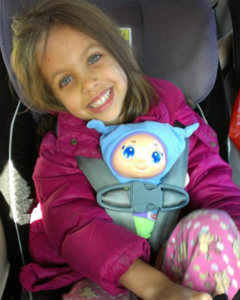 When Maya became preschool age, I felt challenged as to how to both support her curiosity and creativity as well as facilitate her acquisition of simple life skills and lead her to accept redirection. Maya’s intense wonder and curiosity made walking from her preschool to the car parked in front of the building a half-hour endeavor (with periodic meltdowns), and brushing her teeth a task that required many, many redirections.
When Maya became preschool age, I felt challenged as to how to both support her curiosity and creativity as well as facilitate her acquisition of simple life skills and lead her to accept redirection. Maya’s intense wonder and curiosity made walking from her preschool to the car parked in front of the building a half-hour endeavor (with periodic meltdowns), and brushing her teeth a task that required many, many redirections.
I practiced mindfulness to stay calm. I tried making tasks and transitions playful. And I tried “love and logic” to see if consequences would help her to acquire a bit of self-discipline. As much as I tried to be neutral or compassionate when Maya failed to complete a “simple” task, Maya picked up on my subtle signs of frustration. Over time she began to develop the low self-esteem that comes from knowing that you are not living up to the standards of the adult who you so desperately want to please. She began to push herself to try to complete a task (like hanging up her jacket) with intense effort and self-criticism. She began to be ashamed of her curious, creative, sensitive, beautiful self.
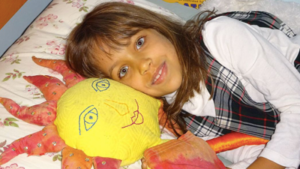 To have my daughter begin to lose her sense of self-worth was my worst nightmare, and I began to see a helping professional in the hopes that I could learn to be more patient and less reactive to Maya’s distractibility and frequent tantrums. The professional who I worked with suggested that I needed more self-compassion. She suggested that I was “too hard on myself.” Hmmmm……
To have my daughter begin to lose her sense of self-worth was my worst nightmare, and I began to see a helping professional in the hopes that I could learn to be more patient and less reactive to Maya’s distractibility and frequent tantrums. The professional who I worked with suggested that I needed more self-compassion. She suggested that I was “too hard on myself.” Hmmmm……
I read a little bit about self-compassion, and then I signed up for a Mindful Self-Compassion training course. I learned how to truly “be there” for myself in my difficult moments. I learned how to let go of shame about my imperfections because I began to understand deeply that we all have imperfections. I began to ask myself how I could be more kind to myself. I had always been good at “self-care,” but I began to practice self-kindness. And a remarkable thing began to happen, as I began to apply self-compassion to myself, I naturally began to help Maya to acquire self-compassion as well.
 As I learned how to walk myself through the voice of shame into the sunlight of compassion, I was increasingly able to walk Maya through the voice of shame into the sunlight of compassion. As I learned how to embrace my own imperfections, I became able to help Maya to embrace her imperfections. As I grew in self-love and self-appreciation, I helped Maya to grow self-love and self-appreciation. And my daughter and I both began to thrive.
As I learned how to walk myself through the voice of shame into the sunlight of compassion, I was increasingly able to walk Maya through the voice of shame into the sunlight of compassion. As I learned how to embrace my own imperfections, I became able to help Maya to embrace her imperfections. As I grew in self-love and self-appreciation, I helped Maya to grow self-love and self-appreciation. And my daughter and I both began to thrive.
Self-compassion proved to be the missing ingredient to helping Maya learn to apply self-discipline with kindness. She can now acknowledge that because of her intense curiosity and creativity, performing a rote task can be incredibly challenging for her. And she has been increasingly able to use her strengths to make a game out of routine tasks. Self-compassion is not so much a technique as it is a way of being. A way of being with ourselves that naturally transfers to those we love. Learning to practice self-compassion on myself was the best gift I could ever have given my daughter. It saved her from a voice of shame and self-criticism, and it gifted her with an appreciation for her unique and beautiful self.
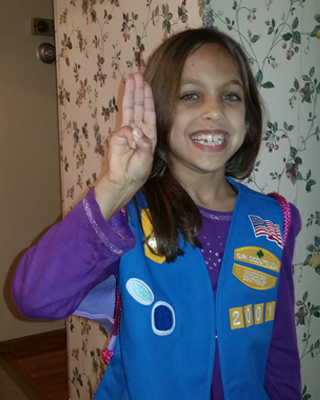
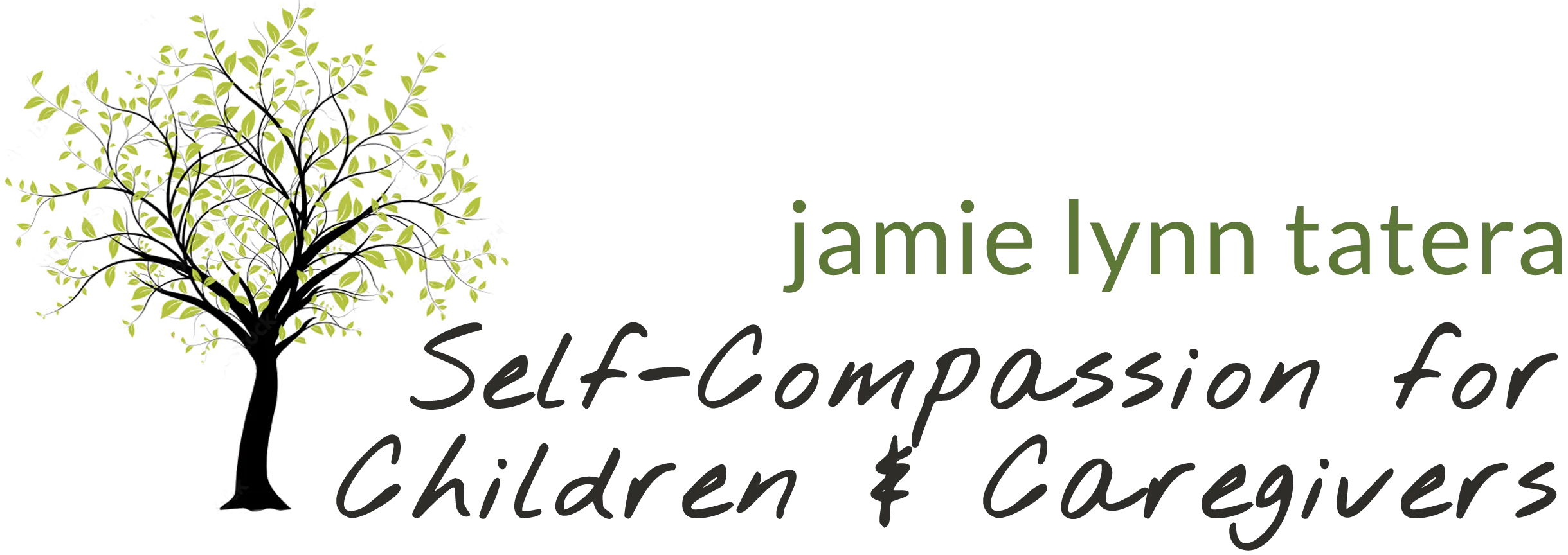
I can’t express enough how powerful self-compassion is in saving not only ourselves but also our loved ones.
Your blog touched my heart! Self-compassion’s profound impact on your daughter’s life and your journey is truly inspiring. Thank you for sharing this powerful story of resilience and love.